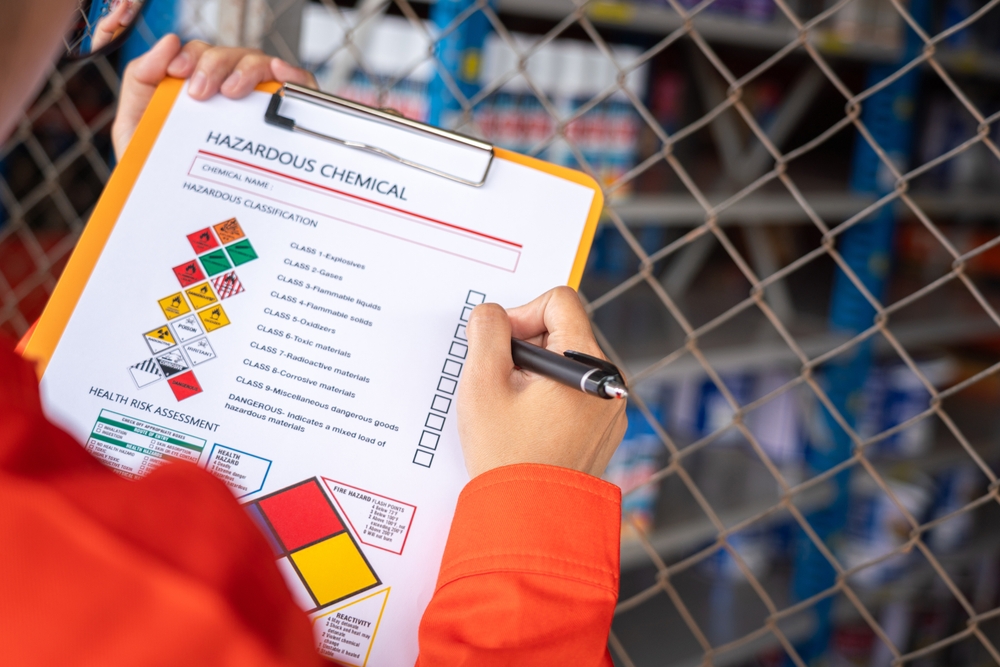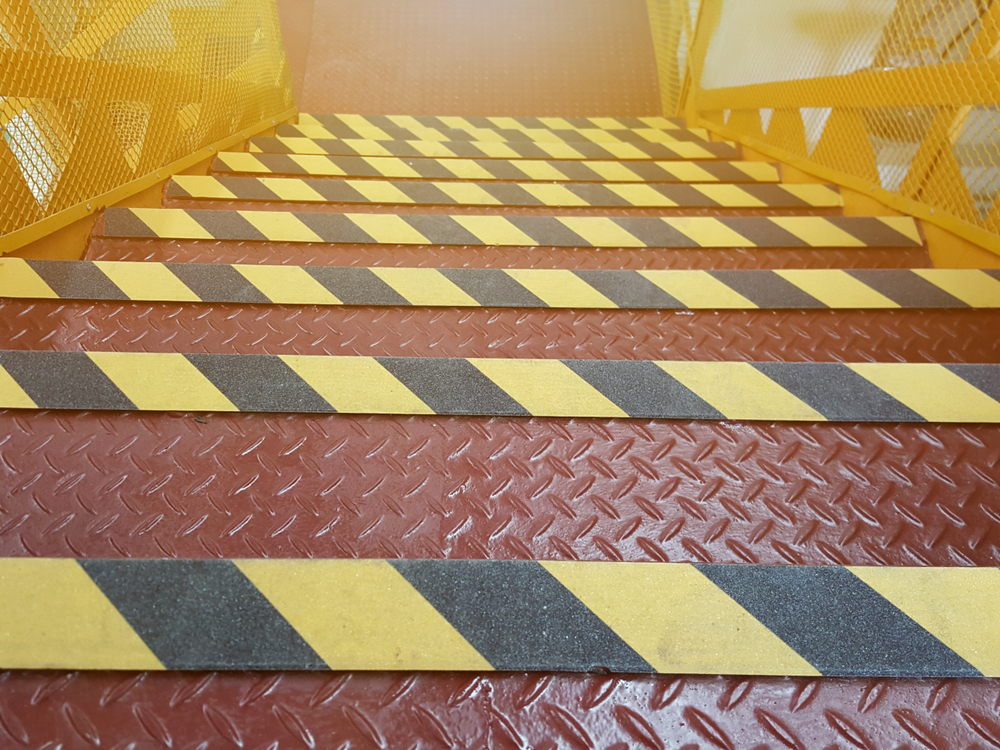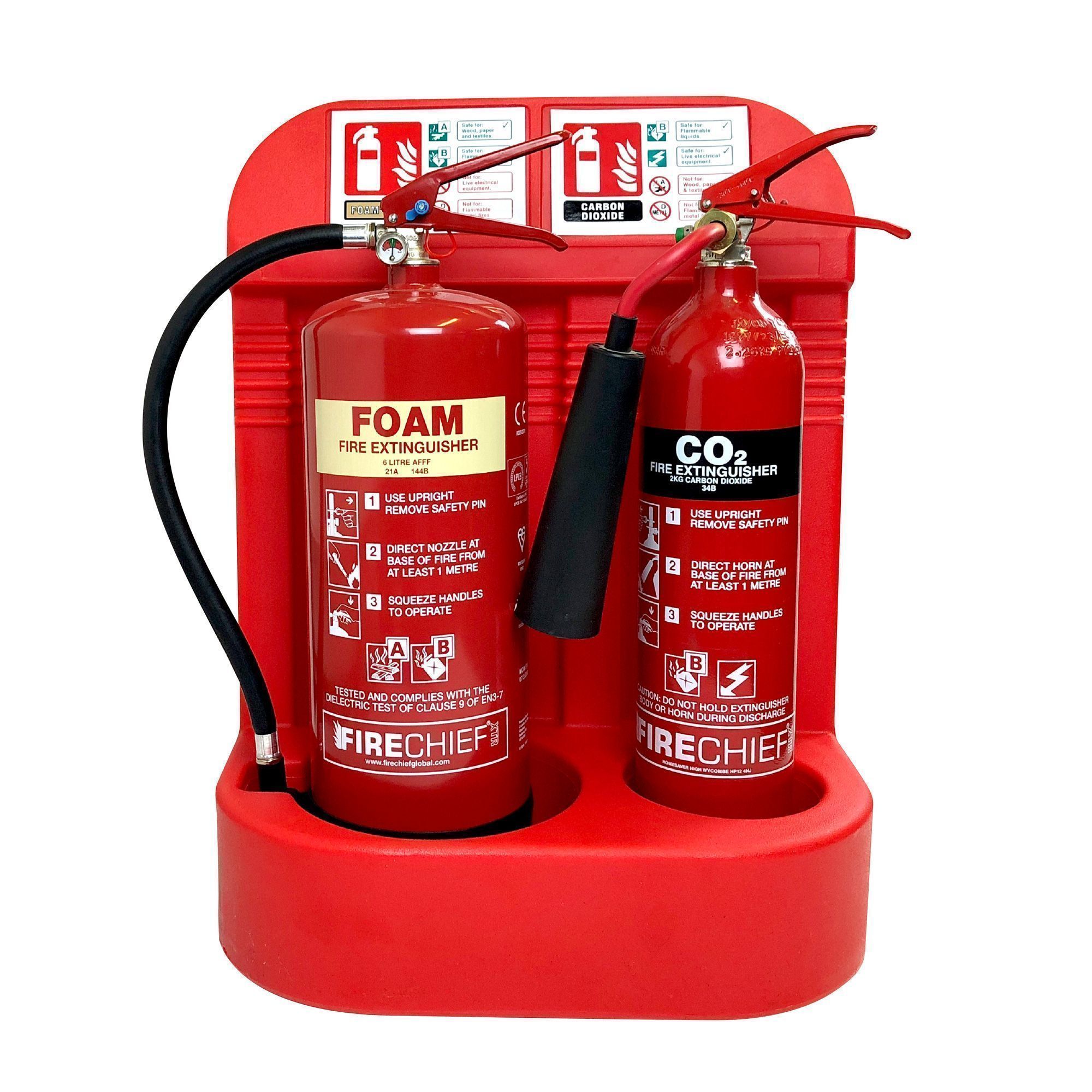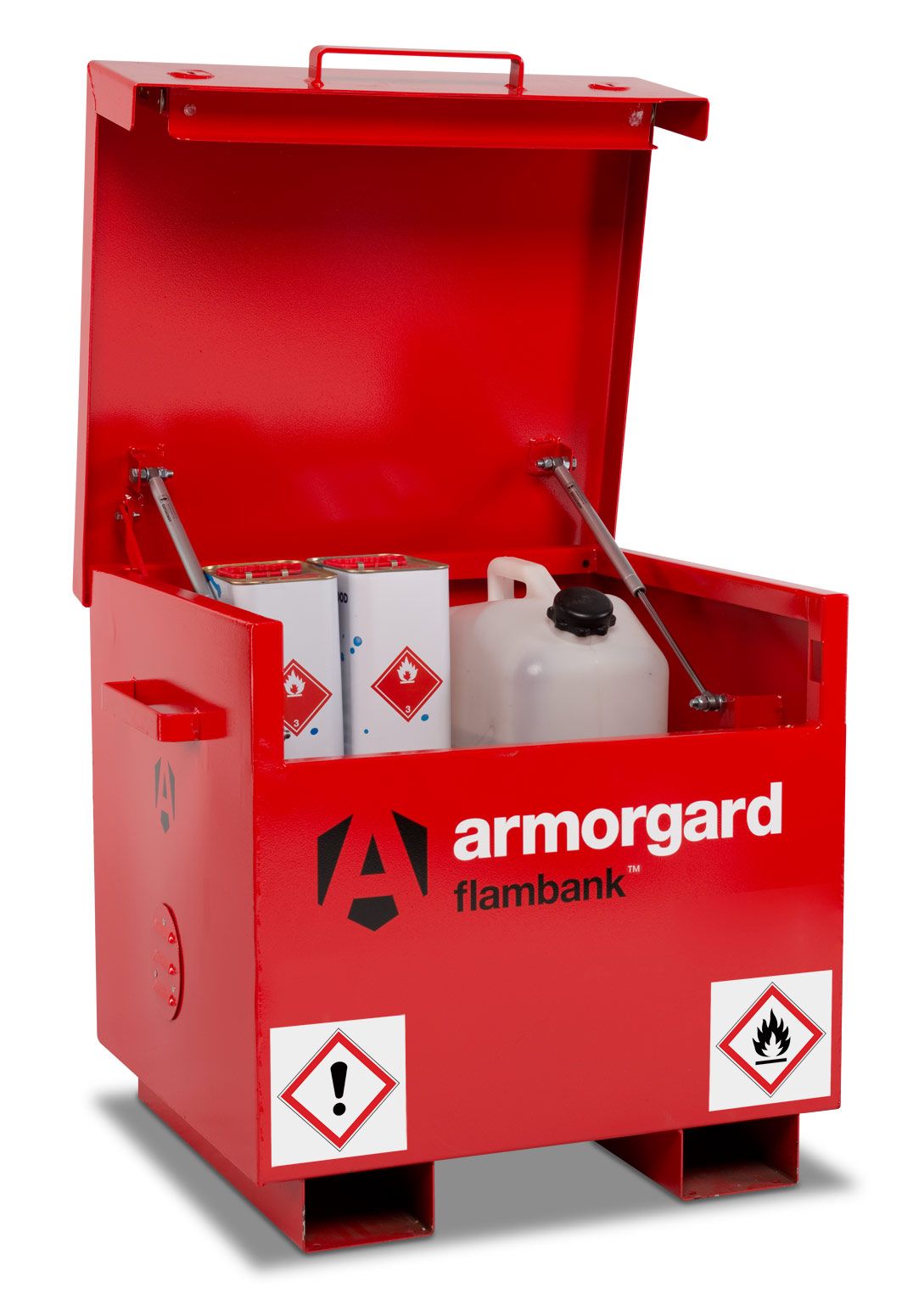In today's fast-paced industrial landscape, the proper treatment, storage, and disposal of hazardous waste are more critical than ever. With a myriad of regulations and guidelines to follow, business owners and industry leaders must be vigilant in ensuring the safe handling of hazardous substances. Here, SafetyBuyer provides a comprehensive overview of the key aspects of hazardous waste management, focusing on the needs and responsibilities of businesses and industries.
Current Legislation
Understanding the legal framework surrounding hazardous waste is the first step in ensuring the safety of your employees and the environment. In the United Kingdom, the Health and Safety at Work etc. Act 1974 lays the groundwork for general provisions concerning the control and keeping of explosive, highly flammable, or otherwise dangerous substances. This act is further complemented by the Control of Substances Hazardous to Health Regulations 2002, commonly known as COSHH.
COSHH aims to protect workers from exposure to hazardous substances and applies to a wide range of materials with the potential to cause harm if inhaled, ingested, or absorbed through the skin. Under COSHH, employers are required to carry out a risk assessment to identify the hazards associated with the products and processes they are using. Once the risks have been established, appropriate controls must be put in place to mitigate them. Failure to comply with these regulations can result in severe penalties, including fines and legal action.
Obtaining Hazardous Substances
When it comes to acquiring hazardous substances, the source matters. It is crucial to purchase chemicals and other hazardous materials from reputable suppliers. Most legitimate retailers are members of industry associations such as the Chemical Business Association (CBA) or the Chemical Industries Association (CIA), which can provide additional advice on the purchasing of chemicals.
Upon purchase, suppliers should provide a Material Safety Data Sheet (MSDS) for each chemical. An MSDS contains vital information about the potential hazards of the chemical, as well as guidelines on safe usage, storage, and disposal. Ignoring or bypassing this information can lead to unsafe practices that put both employees and the environment at risk.
Storage of Hazardous Substances
Proper storage of hazardous substances is not just a good practice; it is a legal requirement. All hazardous chemicals and materials should be stored securely and systematically in a locked facility. Access to these storage areas should be limited to a minimum number of qualified personnel. An up-to-date inventory of all hazardous substances should be maintained to manage these materials effectively and to reduce health, safety, and security risks.
Given the critical nature of storage, investing in high-quality storage solutions such as COSHH cabinets is highly recommended. These cabinets are designed to meet stringent safety standards and can significantly reduce the risk of accidents or unauthorised access. With variations to choose from take a look at the video on our COSHH cabinets page to understand the differences.
Disposal of hazardous waste
The disposal of hazardous waste is governed by several pieces of legislation, including the Environmental Protection Act 1990 and the Hazardous Waste Regulations 2005. These laws place a duty of care on those handling waste, requiring them to ensure that it does not harm future handlers or the environment.
Hazardous waste must be collected by a registered waste carrier. Some types of waste, such as desensitised explosives, may require additional authorisations from regulatory bodies like the Health and Safety Executive (HSE). It is crucial to consult with experts or industry associations to ensure that your disposal methods are in full compliance with the law.
Training and competence
The safe handling of hazardous substances is not solely dependent on systems and procedures; it also relies heavily on the competence of the individuals responsible for managing these materials. Training is an essential aspect of hazardous waste management. The number of suitably qualified staff competent in handling hazardous chemicals and materials will depend on various factors, including the size of the business and the nature of its operations.
Training should not be viewed as a one-off event but as an ongoing process. Regular updates and refresher courses are vital to ensure that staff are aware of the latest best practices and regulations. In addition to in-house training, several organisations offer specialised courses in hazardous substance management, providing an extra layer of expertise.
Secure your hazardous substances with SafetyBuyer
Managing hazardous waste is a complex but crucial aspect of modern business operations. From understanding the legal framework to ensuring proper storage and disposal, businesses have a significant responsibility to mitigate risks associated with hazardous substances. One of the most effective ways to ensure safe storage is through the use of COSHH cabinets, which are designed to meet the stringent safety requirements necessary for hazardous substance storage.
For more information about how SafetyBuyer can help your business become COSHH-compliant, contact our team today on 0800 043 0161 or fill out our contact form.
 Over 12,000
Over 12,000  Simple no quibble
Simple no quibble  Prompt dispatch &
Prompt dispatch &  UK Mainland Delivery
UK Mainland Delivery 













